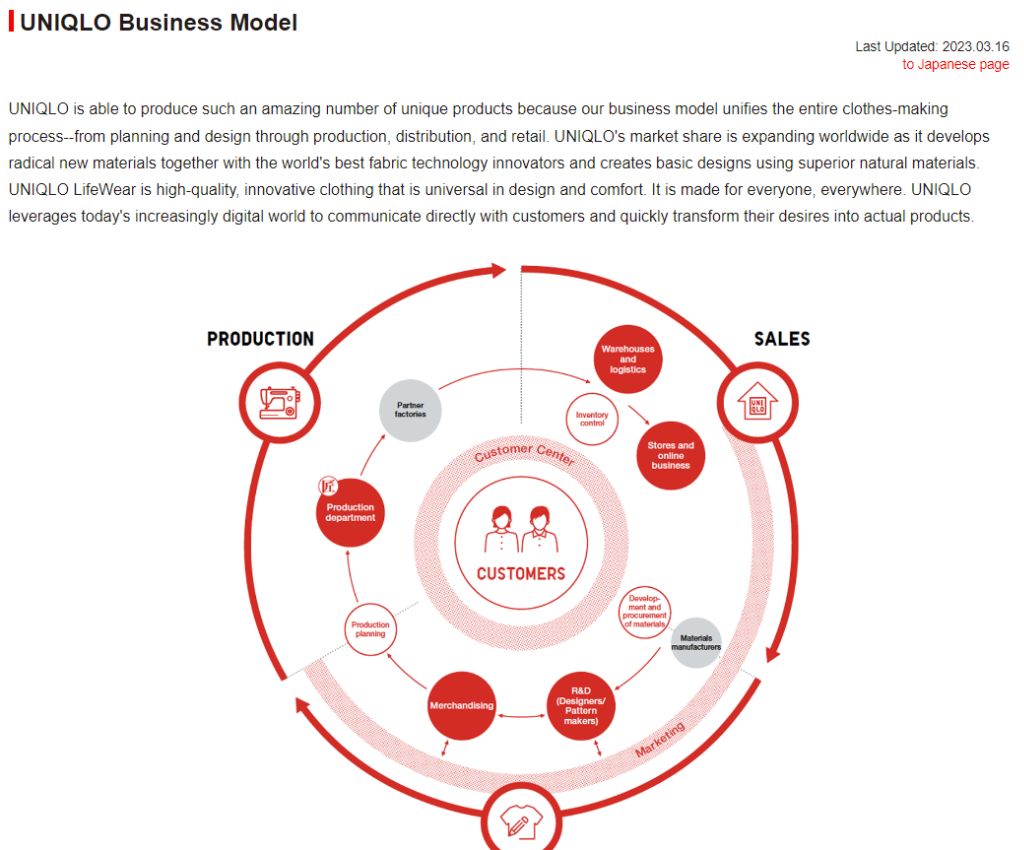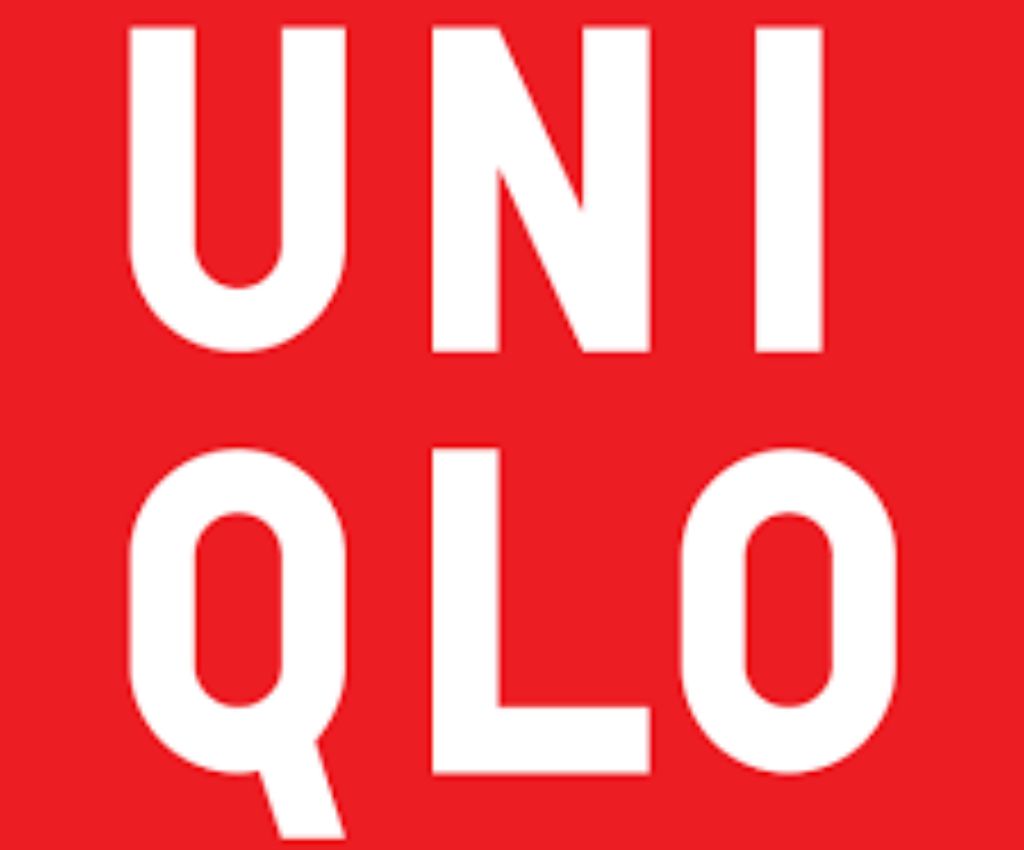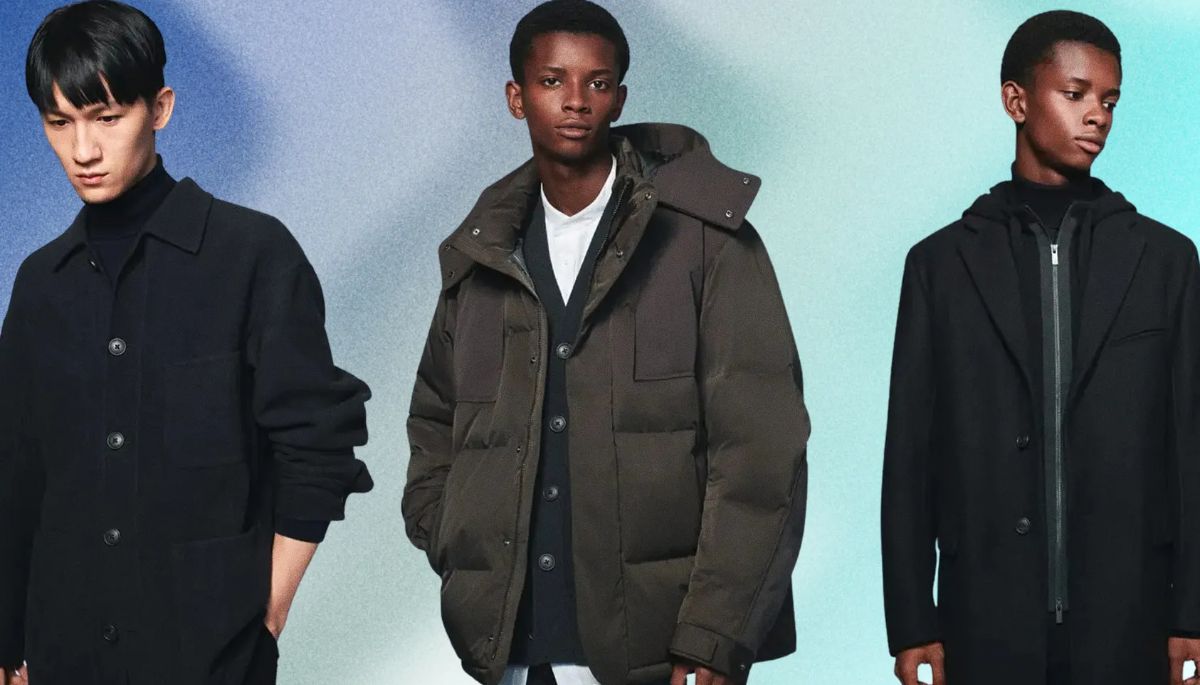Uniqlo business model has made many questions whether it is fast fashion or focused on sustainability.
UNIQLO, a global clothing brand, delivers quality and affordability across diverse styles for women, men, and kids.
From casual to formal wear, their range, including HK$899 jackets, melds high-quality warmth with a sleek aesthetic. Embracing “LifeWear,” UNIQLO crafts functional, comfortable, and innovative clothing for all.
Also Read: What Is Acubi Style Clothing And Where Is The Brand From?
What Is Uniqlo Business Model? Definition
UNIQLO, renowned for its blend of quality and affordability, has mastered a unique business model anchored in vertical integration.
At the heart of this approach lies a seamless orchestration of the entire clothing production journey, from inception to the hands of customers.
Central to UNIQLO’s success is its Integrated Production strategy, where it assumes control of every facet of manufacturing, from conceptualization to dissemination.
By managing the entire lifecycle, UNIQLO maintains stringent quality standards while streamlining processes to offer products at competitive prices.
This meticulous oversight spans design, procurement of raw materials, manufacturing, logistics, and marketing, fostering an efficient and agile operational framework.
A cornerstone of their model is the Specialty Store Retailer of Private Label Apparel (SPA). This unique construct intertwines product development, design, manufacturing, logistics, and sales.

It also enables UNIQLO to gather market insights independently, respond promptly to consumer demands, and expedite the end-to-end workflow.
Further, leveraging longstanding partnerships with external factories, primarily located outside Japan, UNIQLO ensures ethical production practices while upholding stringent quality benchmarks.
By housing product planning, design, manufacturing, and distribution under one roof, UNIQLO stays intimately connected to its customer base.
This proximity facilitates a delicate balance between affordable pricing and premium quality, a hallmark of their offerings.
Moreover, the in-house approach affords UNIQLO the agility to adapt to market dynamics swiftly, aligning their strategies closely with consumer preferences.
Furthermore, UNIQLO embraces the digital realm to engage customers actively. Employing digital elements within their stores creates immersive and educational shopping experiences.
The company taps into the vast expanse of the digital landscape to establish direct communication channels with customers, enabling real-time monitoring of sales and inventory levels.
This data-driven approach empowers UNIQLO to respond dynamically, swiftly dispatching inventory to meet evolving demands.
UNIQLO’s business model represents a harmonious fusion of meticulous in-house control, ethical production practices, and leveraging digital capabilities to resonate with modern consumers.
This synthesis enables them to consistently deliver diverse, high-quality products while maintaining a pulse on market trends, epitomizing the essence of their success.
Is Uniqlo Business Model Fast Fashion Or Sustainable?
UNIQLO navigates a nuanced path between fast fashion and sustainability within the apparel industry.
Operating under the SPA (Specialty Store Retailer of Private Label Apparel) model, UNIQLO showcases attributes of both realms, presenting a blend that is not definitively one or the other.
While UNIQLO demonstrates elements of fast fashion, such as rapid response to market demands and the continual introduction of new trends, its operational model stands distinct.
The SPA model amalgamates various facets like product development, design, manufacturing, and logistics, allowing UNIQLO to autonomously gather market data and respond promptly to evolving consumer preferences.
This agility, however, doesn’t necessarily categorize UNIQLO as a traditional fast fashion entity.
One aspect highlighting UNIQLO’s conscious efforts is its oversight of outsourced production. By collaborating with external factories, predominantly outside Japan, UNIQLO endeavors to cultivate ethical production practices.
It monitors these facilities to prevent human rights violations, instigating improvements where necessary. This conscientious oversight signifies a stride toward sustainability, although the brand still operates within the broader framework of the fast fashion industry.

Moreover, UNIQLO’s in-house capabilities across product planning, design, manufacturing, and distribution are pivotal in maintaining quality while ensuring relatively accessible pricing.
This proximity to the production process balances cost-effectiveness and superior product standards. This demonstrates a departure from the conventional fast fashion ethos focused solely on speed and mass production.
Yet, challenges persist within UNIQLO’s sustainability narrative. Despite efforts to monitor labor practices, there’s room for improvement, particularly regarding ensuring fair wages for workers involved in their supply chain.
While not entirely fitting the stereotypical fast fashion mold, the brand’s position in the fashion industry remains tethered to an industry often criticized for promoting disposable fashion and rapid trend turnover.
The trajectory of UNIQLO’s sustainability hinges on its future actions and the choices made by consumers.
As the brand endeavors to balance commercial viability and ethical practices, consumer preferences and demands will likely shape its evolution toward a more sustainable model.
Ultimately, UNIQLO’s commitment to ethical sourcing, responsible production, and consumer education will be critical in defining its sustainability journey within the broader spectrum of the fashion industry.
Recommended: Is Banana Republic Fast Fashion? Ethical And Sustainability Review

